During the winter months, when nature prepares for new life, Bulgarian tradition brings us a special holiday – Petlyovden (Rooster […]
St. Martyr Demetrios Mirotochets`s Day
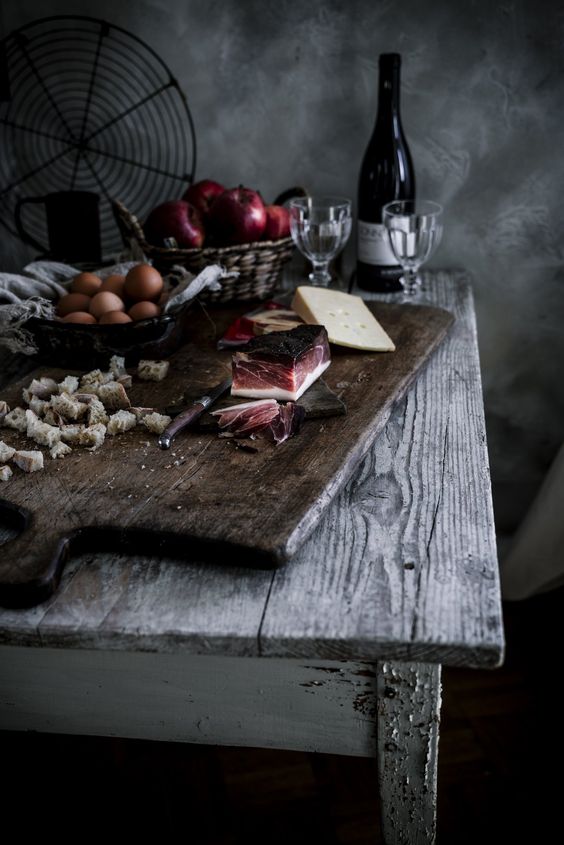
Dimitrovsky month - that's how the tenth month of the year was once called. The name comes from Dimitrovden - one of the biggest holidays in the national calendar. It is also called Mitrovden or Raspus, we celebrate it on October 26 every year in memory of Saint Dimitar of Thessaloniki. To this day, a number of customs and beliefs related to St. Dimitar`s Day have been preserved. Modern Bulgarians are happy to recall tales and legends about the saint - a brave warrior, protector of the poor and weak, hired workers and builders.
Dimitrov's Day is also an occasion to rethink one's priorities, as we would say today. Many folk songs tell about important life decisions made on the day.
In this topic, we will recall the legends, traditions, and superstitions related to this day - The Day of St. Dimitar.
Legends
In the Bulgarian folk beliefs, St. Dimitar was the twin brother of St. George. Lifetime brothers parted, starting in the world in different directions. George vowed that if Dimitar sees blood dripping from the eaves, it means he is dead. After a while, Dimitar saw the blood and run fast to the Georgiev side of the world. There he found the dragon, which was eaten, George. Dimitar clutched the dragon and it gave him the soul of George. After that, the two brothers rode off on their horses and flew to heaven. There they split the year in fraternal - for St. George - the summer season and for St. Demetrius - the winter. In the folk calendar, the feast of Saint Demetrius marks the turn of the season and the beginning of winter. According to belief, at midnight on St. Martyr Demetrios Mirotochets`s Day, the sky opens and the first snowflakes fall from the saint's white beard. As a harbinger of winter and cold Saint Dimitar is associated with the world of the dead. For this reason, one of the biggest feasts of the dead souls is celebrated around the day of St. Demetrius
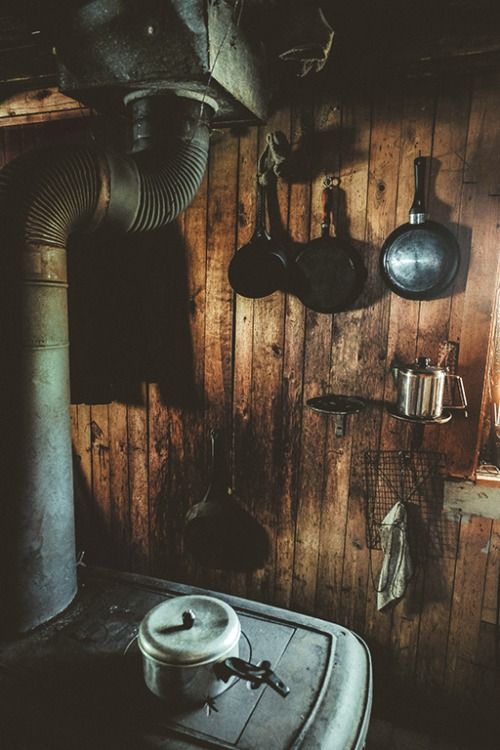
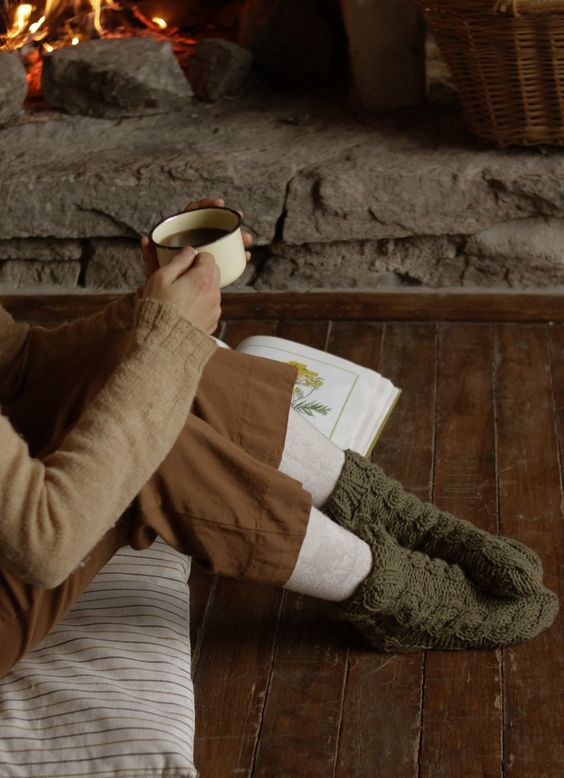
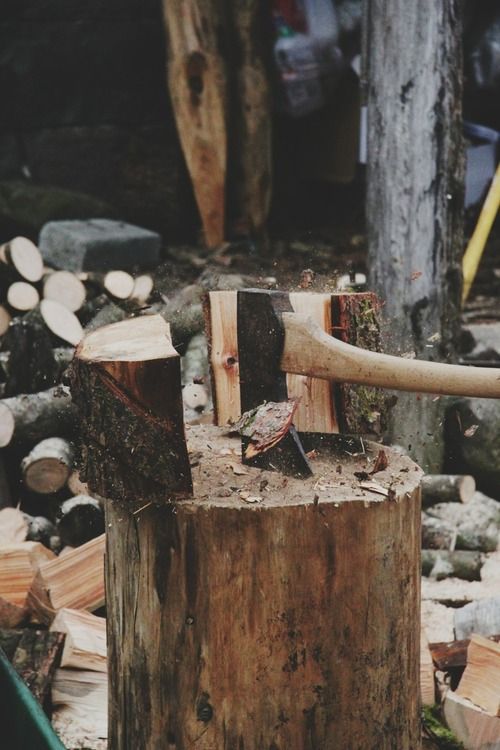
Beliefs
Demetrios Mirotochets`s Day is filled with many predictions for the upcoming winter and year. Some of the beliefs are:
- Dimitrovden is characterized by ritual worship and fortune-telling by the first guest. It is believed that if the first litters are boys, more male animals will be born every year. If the wearer is a good and wealthy person, the year will be healthy, fruitful, and prosperous.
- In the Staroplanina regions, they observe that if the moon is full before the holiday, the bees will swarm and the hives will be full of honey, and the folds will be full of lamb.
- The evening before the holiday, the shepherds threw a wooden stick into the fold. If in the morning the sheep were lying on it, it was believed that the winter would be long, hard, and cold.
- The Imanyars believe that on the night of Dimitrov's Day, the sky opens and the buried gold glitters with a bluish flame.
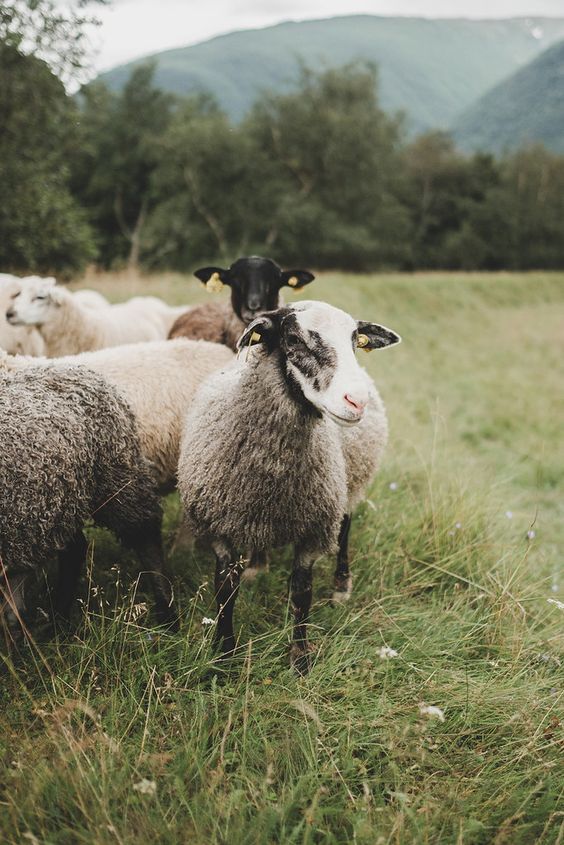
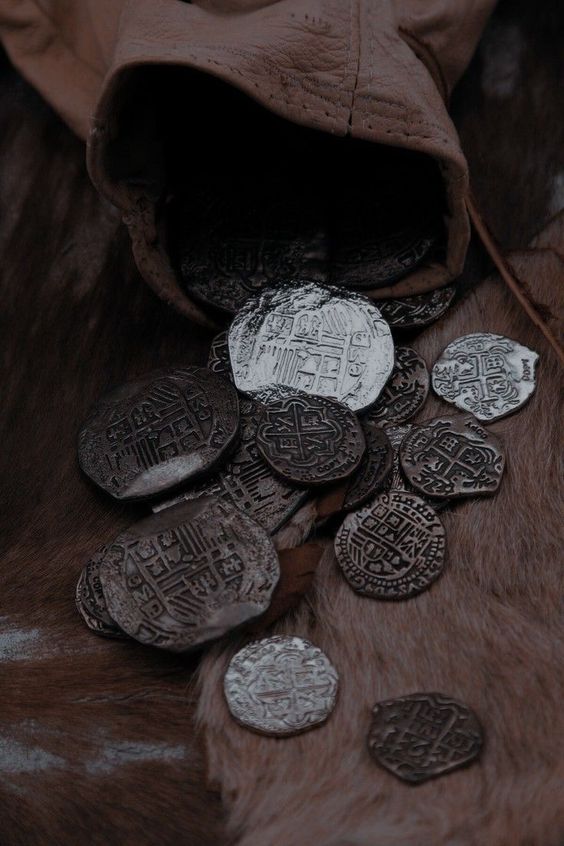
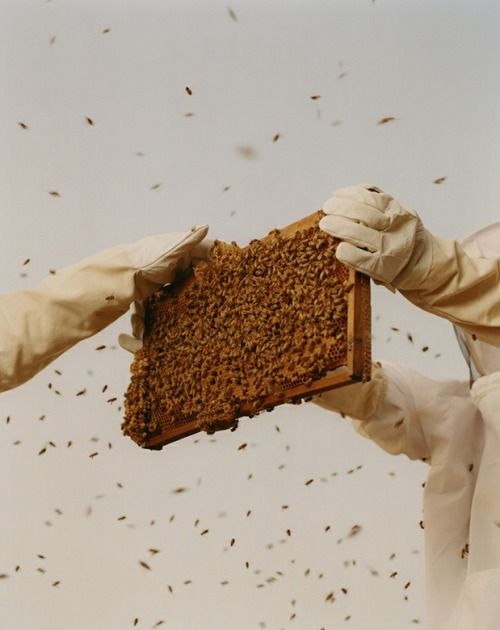
Traditions and Rithuals
- Engagements and weddings began on Dimitrov Day. On the holiday, the girls played the so-called "look dance" /derived from the look, look - choice of the girl/ in front of the bachelors and their parents. Traditionally, the holiday is still celebrated with family and village gatherings, and songs and people are an invariable part of them.
- This day is also known as Mitrovden or Raspus. It is the day that seasonal work ends. This is the period for which seasonal workers such as cattlemen, and shepherds get paid. Sometimes, in addition to the fixed sum, more clothes and a pair of turbans for each of the winter months are given as wages. The procurement of workers for the next year also begins.
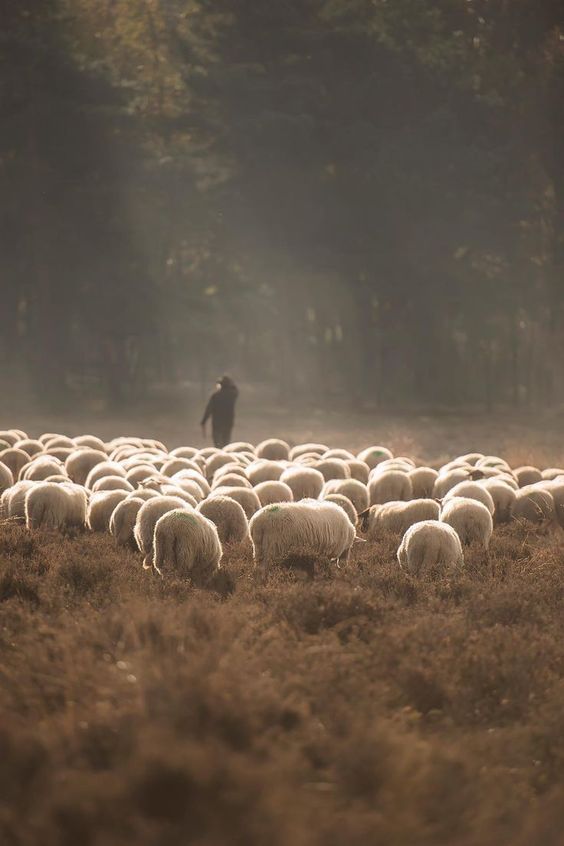
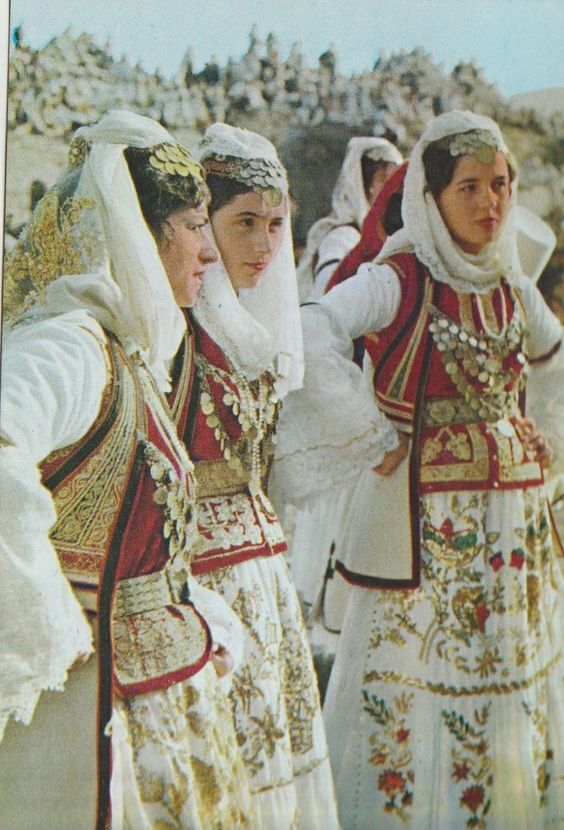
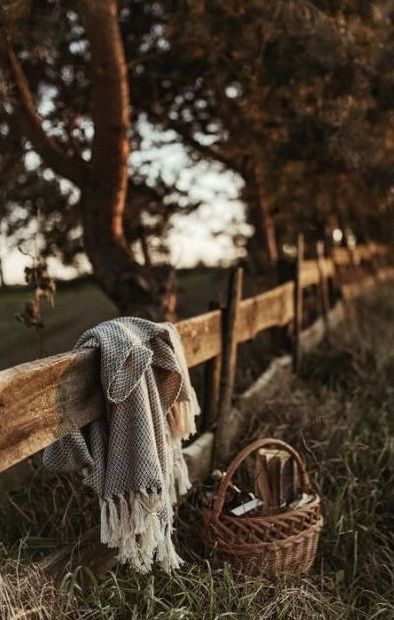
Traditional Food
The traditional food table has to be rich and it must include a cruciferous dish or mutton stew, a chicken stew - with a rooster if the name which is celebrated is a man, and a hen - if it is a woman. Also on the table should be boiled corn, dried plums paste, apple pie, baked apples, and pumpkin.
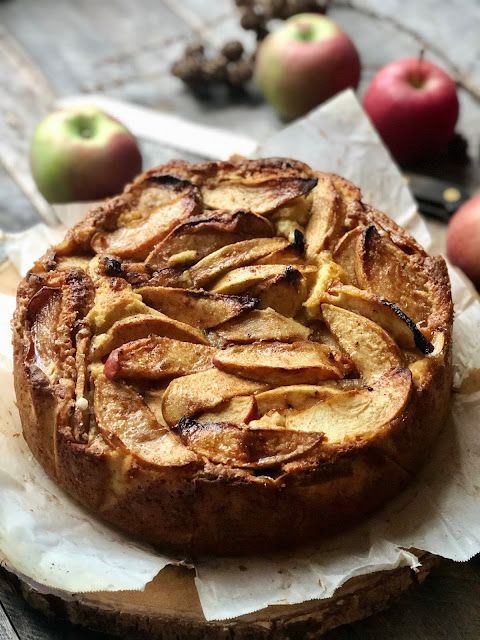
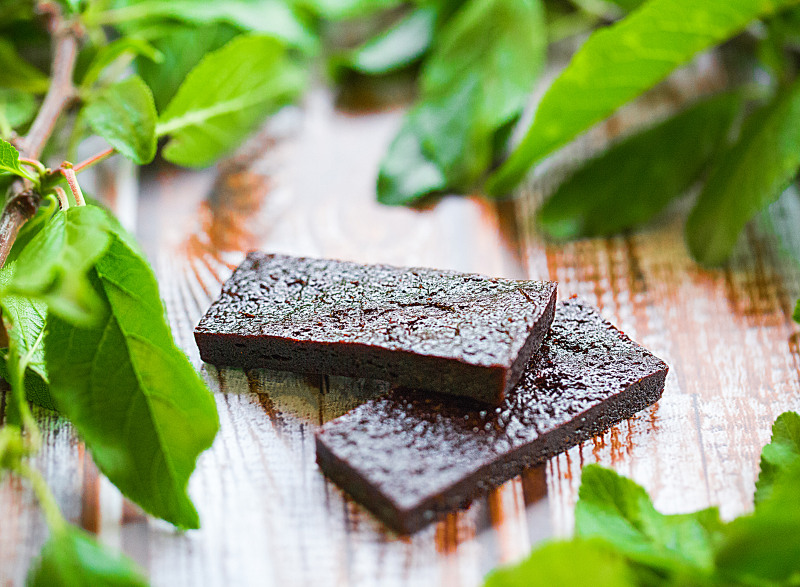
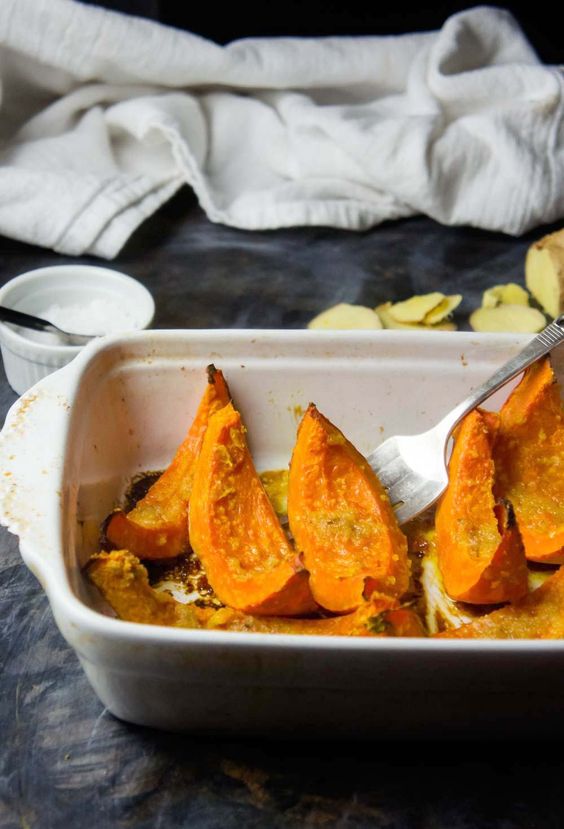
On the holiday celebrated on October 26, every one bearing the name: Dimitar, Dimitrina, Dimitrichka, Dimitra, Diman, Dimana, Dimka, Dimo, Mitra, Mitre, Mityo, Mitka has a name day!
According to an old custom, people go uninvited on a name day and bring white flowers for the name-sake, so that the winter will be mild. The flowers must be wrapped with red thread to keep the celebrant healthy all year.
Dimitrov's Day is also an occasion to rethink one's priorities, as we would say today. Many folk songs tell about important life decisions made on the day.
